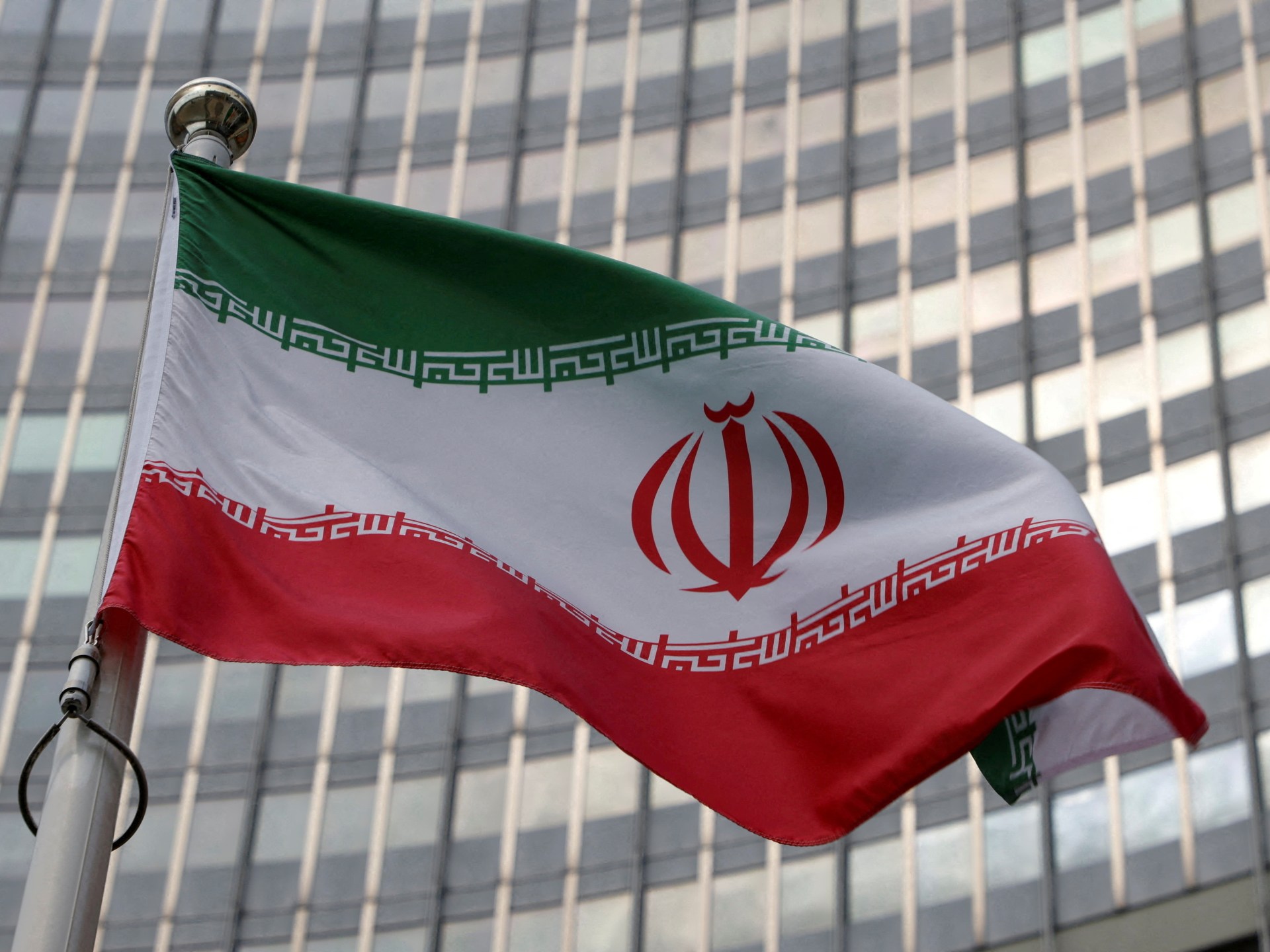TEHRAN – The results of the last quarterly meeting of the Board of Governors of the International Atomic Energy Agency (IAEA) have disturbed Tehran's nuclear file, which has recently witnessed relative calm after the decision taken about 6 months ago to resume technical cooperation with the agency.
After IAEA Director General Rafael Grossi expressed regret on Monday at Iran's nuclear escalation and promised him a "disregard" of the agency, London, Paris and Berlin announced last Thursday that they would maintain their ballistic missile-related sanctions on Iran until after the transition day stipulated in the nuclear deal.
According to the 2015 nuclear deal, "a series of sanctions on the United Nations, the European Union and the United Kingdom should be lifted on Iran on October 18, specifically targeting individuals and entities involved in Iran's missile program, nuclear weapons program, and other weapons."
IAEA chief calls Iran's nuclear escalation "underestimated" (Reuters)
Iran's response
The recent statement of the European trio (France, Germany and Britain) came after they refrained - accompanied by the United States - from submitting a draft resolution before the IAEA Board of Governors, condemning Iran's lack of cooperation, last week, which prompted these countries to issue a "joint declaration" urging Tehran to "act immediately" to resolve outstanding issues with the International Atomic Agency.
For its part, the Iranian Foreign Ministry described the decision of the "European Troika", which received immediate US support, as "an illegal measure and contradicts their obligations under the nuclear agreement and international resolution 2231," and notified the agency – on Saturday – to prevent some of its inspectors from working inside the Islamic Republic, accusing the Western Quartet of politicizing the UN agency.
The IAEA denounced what it called "disproportionate and unprecedented unilateral action, which affects the planning and inspection activities of the IAEA in Iran on a regular basis," noting that these inspectors are among the most experienced at the IAEA and have unique knowledge in the field of enrichment technology.
The adviser to the Iranian delegation negotiator Mohammed Marandi, to Al Jazeera Net, that the Iranian decision includes the cancellation of the permits of 8 inspectors who hold French and German citizenship, adding that there is no among the UN inspectors in Iran during the recent period any American or British person.
Reasons for the decision
For his part, Mustafa Khosh Jashem, a political researcher specializing in Tehran's nuclear file, said that his country's decision does not exceed the cancellation of the accreditation of a number of inspectors, not all, of the IAEA, and that the agency can nominate others instead of these, as long as Tehran does not inform it of its unwillingness to receive new inspectors.
Speaking to Al Jazeera Net, Khosh Jashm explains that his country will continue its technical cooperation with the IAEA, referring to the reason for Tehran's decision to cancel the accreditation of some inspectors, to the efforts of some Western countries to politicize the work of the agency, and the latter's harmony with the "agenda" of those countries.
The Iranian researcher added that Tehran has the right to revoke the license of some unwanted inspectors, in accordance with the safeguards agreement of the Nuclear Non-Proliferation Treaty signed between member states and the International Atomic Energy Agency.
Asked whether the Iranian move came in response to the European Troika's move to keep missile sanctions beyond October 18, Khosh Jashm said that the Iranian decision specifically targets the Western Quartet (France, Britain, Germany and America) after his joint statement during the last meeting of the Board of Governors of the IAEA.
The researcher added that the Iranian step is technical, and targets technical cooperation between it and the IAEA, due to the latter's submission to Western pressure, and its failure to take Tehran's constructive cooperation into account.
Missile sanctions
Political expert Presto Bahrami Rad describes the statement of the European troika to maintain missile sanctions imposed on Iran as complementary to the joint declaration issued by the United States, at the end of the last quarterly meeting of the IAEA.
The Iranian researcher explained to Al Jazeera Net that her country does not see a discussion in lifting missile sanctions next month, in light of Washington's withdrawal from the nuclear agreement, stressing that Tehran seeks to obtain greater privileges at the table of indirect negotiations, ongoing with Omani mediation with the American side.
The latest development in the Iranian nuclear file comes on the backdrop of indirect negotiations between the Islamic Republic and the United States with regional mediation, culminating on August 10, 2023, with an agreement to exchange 5 prisoners from both sides, in exchange for the release of $ 6 billion of Iranian assets frozen in South Korea.
Division of roles
Researcher Bahrami Rad believes that behind the recent European escalation against Iran is a division of roles, in coordination with the United States, stressing that unlike the coordination that followed the withdrawal of the Donald Trump administration from the nuclear agreement, the European side is playing the role of a "bad policeman" at the current stage, as she put it.
The researcher concluded that similar to Western political pressure on the IAEA, the Iranian decision is more political than technical, and that its repercussions on Tehran's nuclear file and its cooperation with the IAEA will vary, according to Western political behavior.
She concluded by saying that her country fears that the Western side will continue to pressure the IAEA in order to fabricate a pretext to deprive the Islamic Republic of its rights in the nuclear agreement, noting that Tehran has cards that make the European troika reconsider its calculations before taking any step to activate the dispute settlement mechanism, which would eliminate Iran's cooperation with the IAEA, and the nuclear agreement permanently.

